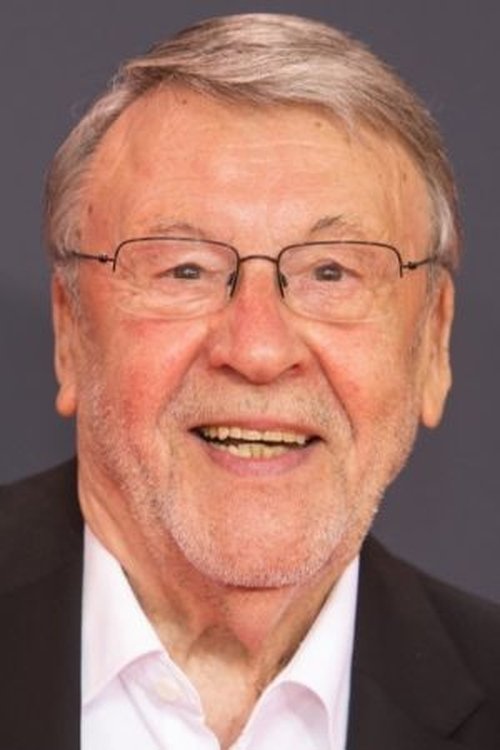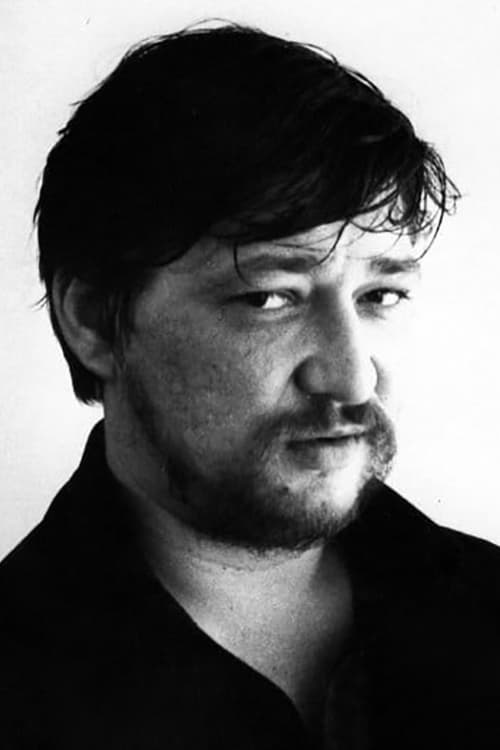Berlin Alexanderplatz Színész- és szereplőlista
Franz Biberkopf szerepében:
Günter Lamprecht
✝ 1930-01-21 Berlin, Germany - 2022-10-04
From Wikipedia, the free encyclopedia Günter Lamprecht (born 21 January 1930) is a German actor, known for his leading role in the Fassbinder miniseries Berlin Alexanderplatz (1980) and as a ship captain in the epic war film Das Boot (1981).
Narrator (voice, uncredited) szerepében:
Rainer Werner Fassbinder
✝ 1945-05-31 Bad Wörishofen, Germany - 1982-06-10
Rainer Werner Fassbinder (31 May 1945 — 10 June 1982) was a German film director, screenwriter, and actor. Considered one of the most important figures in the New German Cinema, Fassbinder was prolific; in a professional career less than fifteen years, he completed forty feature-length films, two television film series, three short films, four video productions, twenty-four stage plays, and four radio plays. He had tortured, personal relationships with the actors and technicians around him who formed a surrogate family. However, his pictures demonstrate his deep sensitivity to social outsiders and his hatred of institutionalized violence. He ruthlessly attacked both German bourgeois society and the larger limitations of humanity. Fassbinder died in June 1982 at the age of 37 from a lethal cocktail of cocaine and barbiturates. His death has often been cited as the event that ended the New German Cinema movement.


















